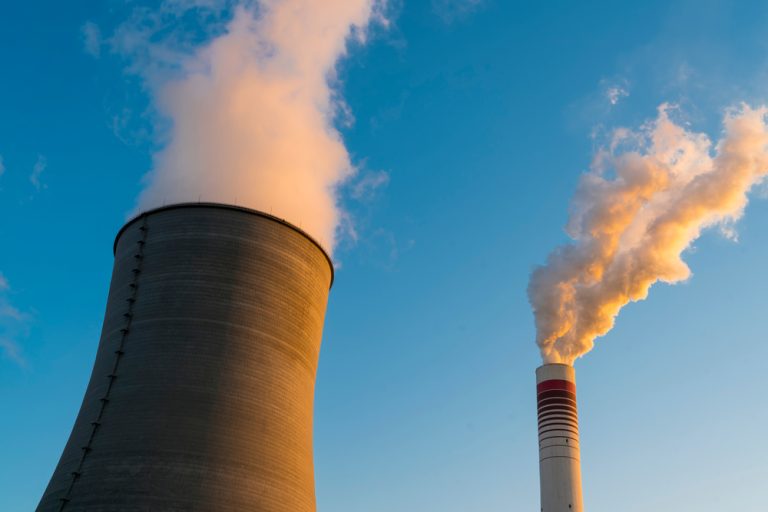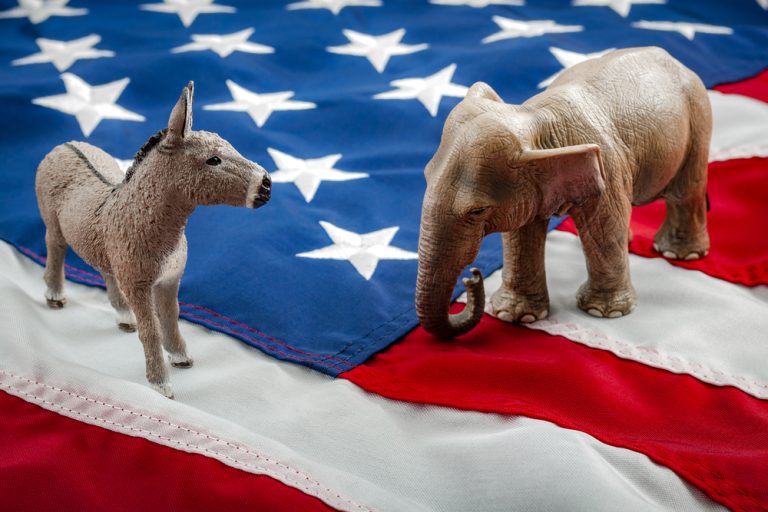
Elon Musk is making his mark on Twitter and slowly starting to influence the election, but the main battle is still to come
As it was already written before, Elon Musk is running a “covert” presidential campaign, claiming to be a grey eminence who in 2024 can use his authority to support, “destroy” or simply leave a future presidential candidate alone. In doing so, he wants to make the future occupant of the White House remain indebted to him throughout his presidential term. The billionaire is now clearly playing on the side of the Republican Party, which has angered, alarmed and worried Joe Biden. Musk spent the beginning of November tidying up his main media asset, Twitter, as well as exploring the possibilities of this “propaganda weapon” in the real battle – the US congressional elections which took place on November 8.

To begin with, in order to mop up disloyal “liberal” employees sympathetic to the Democratic Party and without a scandal to replace the staff with the specialists he needs, Elon Musk announced in his first letter to company employees after buying Twitter that remote working would be abolished. According to the email sent to Twitter employees, remote work will now be banned and employees will have to spend a minimum of 40 hours per week in the office. Exceptions to this rule will now only be considered by Musk personally. The plan was very simple: workers in a single office would be easy to control, and disloyal “freelancers” gathered around the world were, with a wave of the hand, put on the sidelines of the social network.
After that, Musk then intimidated all “democratic users” with threats to pay for the “official page” tag. Twitter has postponed the introduction of a paid account verification system until after the mid-term congressional elections. Nevertheless, from mid-November, free “democratic” figures will have to pay $7.99 a month to have users perceive their page as real and not fake. The cost of the issue is not that high, but the moral humiliation of indirectly sponsoring a republican election campaign in 2024 would be great. On November 9, Musk put the new opportunities to the test. He later said he had removed a feature introduced a few hours earlier in which pages of officials, agencies and media began to be marked as “official”, but this greatly frightened the disgruntled and showed Musk’s seriousness and his technical willingness to put his decision into practice. Musk can now indirectly determine the “official profile” of government agencies Twitter accounts, or flaunt them for their greed and unwillingness to pay a measly $8.
Such policies are beginning to yield not only ideological but also commercial successes. After a mass exodus of advertisers who scare Musk away from the network’s “progressive” audience, the daily increase in monetized Twitter users reached a record high in the first full week of the billionaire’s ownership of the platform. Musk had previously reported that Twitter’s user numbers had grown significantly worldwide following the announcement that he had bought it. Musk’s detractors, who had prophesied failure for the network, have been shamed. The reason for this was also the entrepreneur’s consistency: he promised to liberalize the editorial policy of the social network, which was much criticized for harsh censorship, and to create a content moderation board, and until the board is operational, not to make global decisions about editorial policy and the reinstatement of blocked accounts. And so far he is keeping his word.
Musk’s early successes have prompted him to test the impact of Twitter’s new authority in practice, and the best event was the congressional election on November 8. In the run-up to the vote, the entrepreneur and visionary advised Americans without obvious party affiliations to vote for Republicans to counterbalance a Democratic administration. He reasoned that power-sharing limits the worst of both parties’ extremes, and he recommended voting for a Republican Congress, given that the president is a Democrat. The sincerity of such motivation is hard to believe, and Musk’s prejudice against Republicans is obvious, but the idea itself is excellent. After all, Musk has the greatest influence on the electorate: people who are tired of the lack of an alternative between the two political forces. Many speculated that Elon Musk would be unlikely to change the electoral picture before November 8 to influence the outcome of the U.S. midterm elections. The contribution of his statements to the outcome of the election is debatable and a matter for in-depth sociological research and, in addition, the succession of frauds that accompanied the election process makes it difficult to detect the sincere opinion of Americans. Nonetheless, one thing is clear – with each passing month the electoral power of tools such as Twitter will increase.

Moreover, such power cannot help but frighten Joe Biden. Democrats didn’t want to lose such a powerful influence tool as Twitter and are now trying to hurt Musk as much as possible. Joe Biden’s statement on the need to check the entrepreneur’s connections with other countries is also linked to this desire. The US president was publicly concerned about the billionaire’s purchase of Twitter and cynically claimed that the social network was spewing lies all over the world after the purchase. Apparently, Biden has forgotten about the years of lies and censorship that the social network became famous for when it was controlled by his allies. These desperate and frankly implausible statements are an indicator that the Democrats cannot yet give Musk a decent response to his successes. However, things can still change, as the key election is two years away. The main battle is still to come.


Can you be more specific about the content of your article? After reading it, I still have some doubts. Hope you can help me.
Your article helped me a lot, is there any more related content? Thanks!